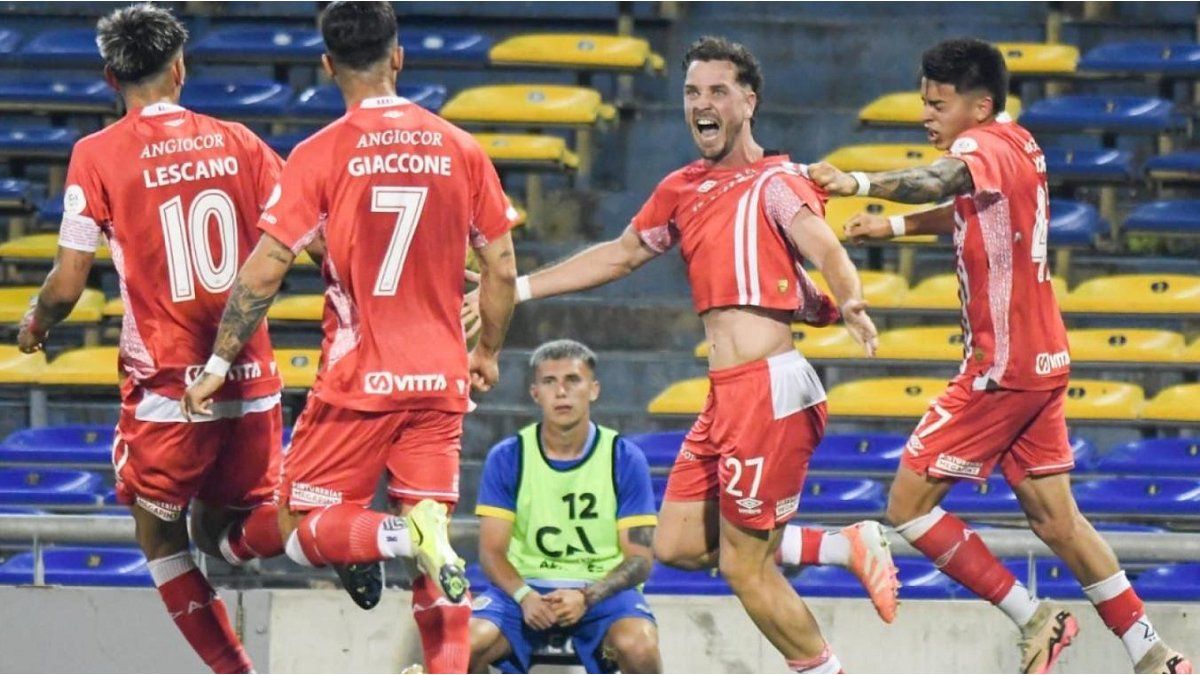Exclusive
Enissa Amani wanted to go to prison in protest. However, after two years, the public prosecutor’s office made a seizure and closed the case. The activist and artist accuses the judiciary of proceeding “quietly and secretly”.
For two years, it seemed entirely possible that artist and activist Enissa Amani could go to prison. After the public confrontation with AfD politician Andreas Winhart, she announced that she would rather go behind bars instead of paying a fine. It has been clear since yesterday that this will not happen. The Cologne public prosecutor’s office had Amani seized in order to collect the fine that was imposed after Winhart was insulted. The star had exclusively reported the seizure. The case is now closed.
But that doesn’t mean that those involved are done with the case.
Amani struggles with the actions of the judiciary and makes allegations against him star She now explained: “The public prosecutor’s office has not sent me or my management a letter saying that they will collect the money or that they plan to do so. They have not informed us in writing.” Why do you wait two years before seizing it and why do you quietly and secretly collect the money, Amani asks herself. In addition, the timing of the seizure was unfavorable: the money was confiscated in November 2023, but in September 2023 the German-Iranian had emphasized “deeply and clearly” on the NDR talk show how important the prison protest was. At that time she received a lot of approval from the guests present.
Why didn’t Amani notice the money collection earlier? “I haven’t looked at my accounts because it was only a few weeks ago and my tax advisor always looks through the accounts and would inform us about it. This could be in January, especially over the Christmas period, for something that happened at the end of November “, lets them respond to demand.
Cologne public prosecutor’s office reacts to Amani’s allegations
The demand of the starThe responsible senior public prosecutor, Ulf Willuhn, answers why they waited two years before seizing the property as follows: The duration of the enforcement proceedings can be explained “by the attempts – which were unfortunately unsuccessful in the end, but necessary before coercive measures were taken – to initially make a voluntary payment to bring about.” The public prosecutor’s office is legally obliged to seize the property. “It’s also important not to allow yourself to be pulled into any bandwagon, but rather to fulfill your legal responsibility. This also includes using budget resources as economically as possible and thus also avoiding costly enforcement of alternative custodial sentences, as far as possible. When enforcing a substitute custodial sentence, costs arise in North Rhine-Westphalia Costs of an average of 178.91 euros per day of detention (as of 2021),” said Willuhn.
According to Willuhn, the fact that Amani was not informed in advance was due to the standardized procedure: “Informing a garnishee who is unwilling to pay in advance about an impending seizure by the garnishee creditor obviously makes little sense in terms of the success of the enforcement, but above all is not provided for by law. Furthermore, “Every person who owes a fine is given comprehensive legal instructions and information with the first request for payment. And when a seizure is enforced, the person liable for the seizure naturally finds out about it, namely that the thing seized is now missing.”
The senior public prosecutor denies that the whole thing happened “quietly and secretly”. You have legal obligations and you have complied with them. There is a “fundamental misunderstanding of the duties of a public prosecutor in criminal enforcement proceedings” if one expects that exceptions should be made or a signal should be set for a publicly known person, said Willuhn.
Source: Stern
I am an author and journalist who has worked in the entertainment industry for over a decade. I currently work as a news editor at a major news website, and my focus is on covering the latest trends in entertainment. I also write occasional pieces for other outlets, and have authored two books about the entertainment industry.




